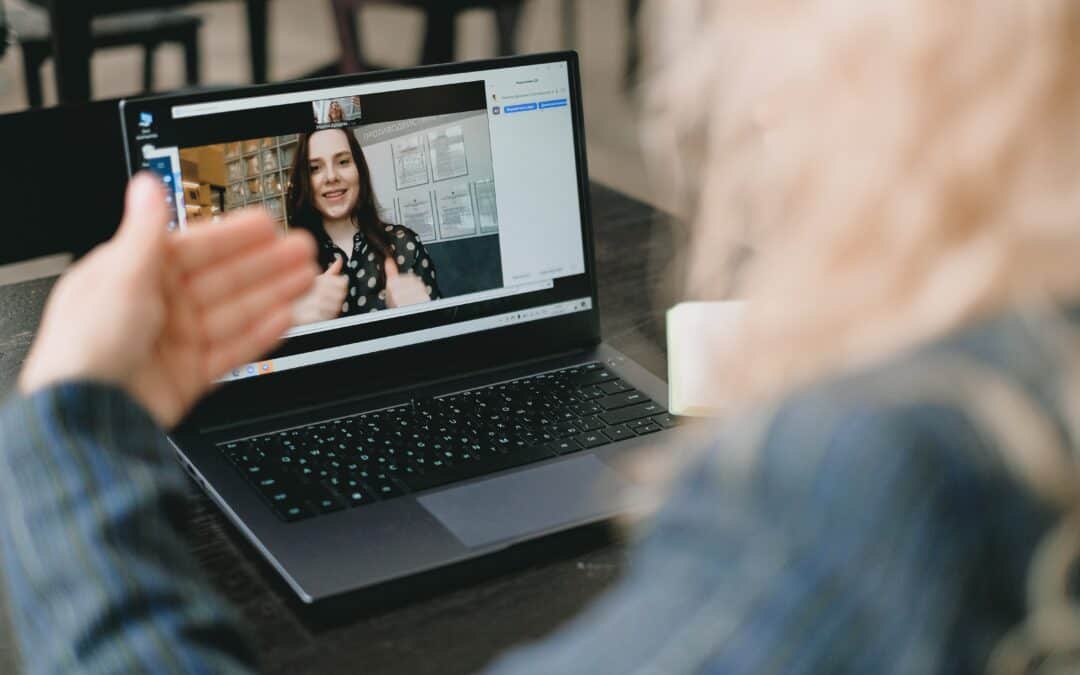Over the past ten years, the world of work has undergone a major transformation. Don’t you agree?
You’ve seen old work structures break down and innovative working methods emerge. And as you stand on the brink of another decade, it’s a good moment to reflect on the significant shifts that have impacted almost every worker.
From the evolution of remote work to the emphasis on lifelong learning, these changes have not only reshaped how you work but also influenced your perspectives on job security, personal growth, and work-life balance.
So, let’s dive in to understand these shifts better.
The Rise of Remote Work and The Gig Economy
Before this decade, working from home was a luxury few enjoyed. Today, it’s a common practice for many companies. So much so that some newly established firms work fully remotely, i.e., without a physical office.
This change was partly due to advancements in technology that made remote communication and collaboration tools accessible. But it was also driven by the global pandemic and workers seeking better work-life balance.
Alongside, the gig economy took root, offering short-term contracts or freelance work as opposed to permanent jobs. This change allows workers to choose when, where, and how they work. For many, this meant greater flexibility and control over their schedules, even if it sometimes came at the cost of traditional job security.
Reauthorizing Zadroga Act
The Zadroga Act holds special importance in the history of workers’ rights and health. This act was reauthorized in 2015 to ensure that brave workers and first responders present at Ground Zero after the tragic 9/11 attacks received the health monitoring and financial compensation they deserved.
Many of these heroes faced health challenges such as cancer, asthma, and other chronic diseases because of their brave actions. Thanks to the act’s reauthorization, they could get the financial support necessary for their medical treatments. Not to mention, advocates for 9/11 case compensation played a big role in making this possible. Their tireless efforts ensured that these workers and heroes (and even the families of deceased workers) knew their rights and availed adequate victim compensation payouts.
Note: If you, or someone you know, were impacted by the tragic events 9/11, financial compensation for health-related issues is available until 2090. To access this, it’s advisable to consult with a trusted attorney who can guide you through the necessary paperwork and ensure your claims are handled properly.
Workers’ Well-being Takes Center Stage
Years ago, when people talked about a worker’s health, they often meant physical health. However, A report by WHO in 2019 showed that a concerning 15% of working-age adults were believed to have a mental disorder and struggled with anxiety and depression.
As this finding couldn’t be ignored, companies began seeing the bigger picture. They begin to understand that mental health matters as much as physical health. So, many companies (especially industry titans) introduced support systems like counseling, wellness programs, and stress-relief activities.
Now, a worker’s well-being isn’t just about being free from illness. It’s about feeling good both in the mind and the body. And for everyone at work, this new focus has been a game-changer.
All-Inclusive Workplaces
As business horizons expanded, workplaces started to welcome everyone with open arms. In simple terms, jobs were no longer restricted to a certain group. Instead, companies saw the value in having a mix of people from different backgrounds, cultures, and experiences.
This mix, or diversity, brought fresh ideas and perspectives, often leading to better solutions and products. The idea was simple: when everyone gets a chance, the whole workplace becomes richer and more vibrant.
So, whether you were young or old, male or female, or from a different culture or country, you had a place in these new workplaces. It became about more than just doing what’s right; it was about creating a place where every voice mattered and every person gets the opportunity to shine.
Lifelong Learning Becomes Paramount
The world is evolving at a rapid pace, especially for employees. The skills that were relevant a few years ago might not be today. Companies saw this need and started offering new training sessions and online classes. This helps workers learn new skills and keep up with changes.
At the same time, workers realized that if they wanted to keep their jobs and grow in their careers, they needed to keep learning. This shift has not only helped companies stay ahead in their industries but also ensured job security for workers in a constantly changing environment.
Key Takeaway
As we look back at the past ten years, it’s evident that the world of work has changed profoundly, largely for the better. While challenges remain, the strides we’ve made towards a more flexible, inclusive, and caring workspace are commendable. Keeping these changes in mind, let’s prepare for the next decade of transformation, growth, and empowerment.








